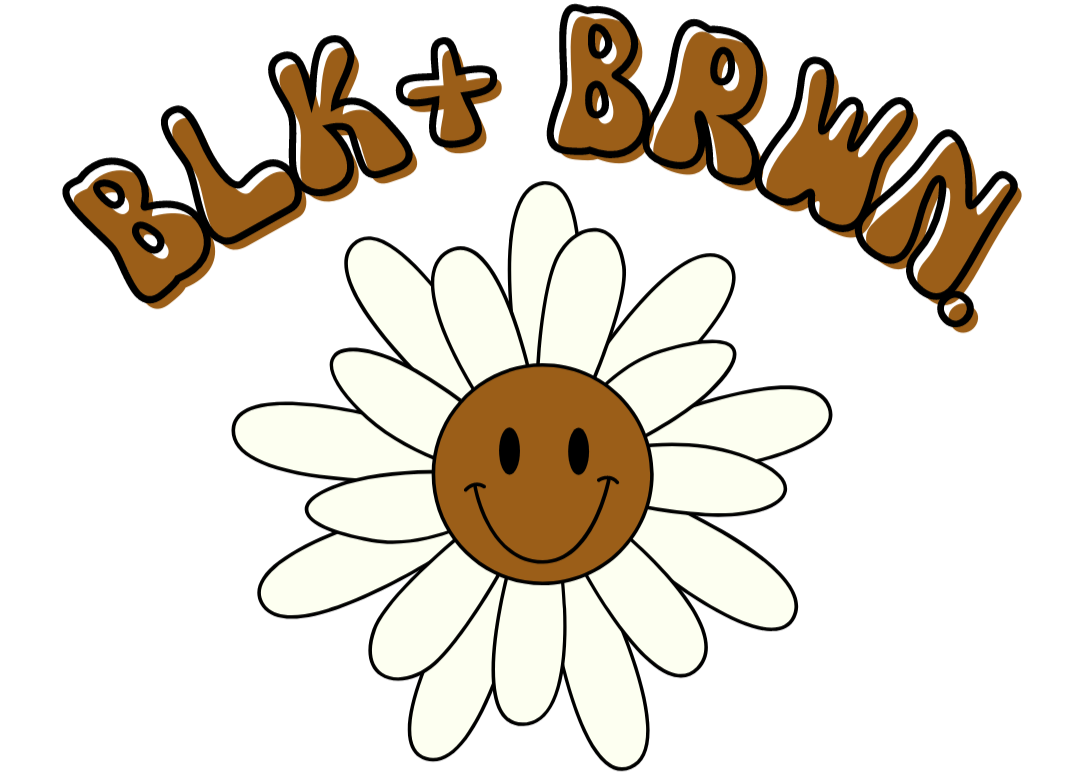Maya Angelou
On April 4, 1928, Marguerite Ann Johnson, known to the world as Maya Angelou, was born in St. Louis, Missouri. Due to her parents’ tumultuous marriage and subsequent divorce, Angelou went to live with her paternal grandmother in Stamps, Arkansas at an early age. Her older brother, Bailey, gave Angelou her nickname “Maya.” Returning to her mother’s care briefly at the age of seven, Angelou was raped by her mother’s boyfriend. He was later jailed and then killed when released from jail. Believing that her confession of the trauma had a hand in the man’s death, Angelou became mute for six years. During her mutism and into her teens, she again lived with her grandmother in Arkansas.
Angelou’s interest in the written word and the English language was evident from an early age. Throughout her childhood, she wrote essays, poetry, and kept a journal. When she returned to Arkansas, she took an interest in poetry and memorized works by Shakespeare and Poe.
Prior to the start of World War II, Angelou moved back in with her mother, who at this time was living in Oakland, California. She attended George Washington High School and took dance and drama courses at the California Labor School. When war broke out, Angelou applied to join the Women’s Army Corps. However, her application was rejected because of her involvement in the California Labor School, which was said to have Communist ties.
She graduated from Mission High School in the summer of 1944 and soon after gave birth to her only child, Clyde Bailey (Guy) Johnson. After graduation, Angelou undertook a series of odd jobs to support herself and her son. In 1949, she married Tosh Angelos, an electrician in the US Navy. She adopted a form of his surname and kept it throughout her life, though the marriage ended in divorce in 1952.
Angelou was also noted for her talents as a singer and dancer, particularly in the calypso and cabaret styles. In the 1950s, she performed professionally in the US, Europe, and northern Africa, and sold albums of her recordings.
In 1950, African American writers in New York City formed the Harlem Writers Guild to nurture and support the publication of Black authors. Angelou joined the Guild in 1959. She also became active in the Civil Rights Movement and served as the northern coordinator of the Southern Christian Leadership Conference, a prominent African American advocacy organization
In 1969, Angelou published I Know Why the Caged Bird Sings, an autobiography of her early life. She wrote numerous poetry volumes, such as the Pulitzer Prize-nominated Just Give me a Drink of Water 'fore I Diiie (1971), as well as several essay collections. She also recorded spoken albums of her poetry, including “On the Pulse of the Morning,” for which she won a Grammy for Best Spoken Word Album. The poem was originally written for and delivered at President Bill Clinton’s inauguration in 1993. She also won a Grammy in 1995, and again in 2002, for her spoken albums of poetry.
In 2011, President Barack Obama awarded Angelou the Presidential Medal of Freedom, the country’s highest civilian honor. Angelou died on May 28, 2014.
Angelou’s Core Themes:
Gender
Sexuality
Spirituality
-
-
Mom & Me & Mom
Singing and Swinging’ and Getting’ Merry Like Christmas
All God’s Children Need Traveling Shoes
The Heart of a Woman
I Shall Not be Moved
Gather Together in my Name
Even the Stars Look Lonesome
Letter to My Daughter
Rainbow in the Cloud: The Wisdom and Spirit of Maya Angelou
The Collected Autobiographies of Maya Angelou
Maya Angelou: A Glorious Celebration
-
Life Doesn’t Frighten Me (Children’s Book)
The Complete Poetry
Rainbow in the Cloud
Amazing Peace
Just Give Me a Cool Drink of Water ‘Fore I Diiie
Oh Pray My Wings are Gonna Fit Me Well
His Day is Done
Phenomenal Woman
Celebrations
A Song Flung Up to Heaven
Shaker, Why Don’t You Sing?
And Still I Rise
Maya Angelou: Poems
-
Life Doesn’t Frighten Me
-
Wouldn’t Take Nothing for my Journey Now


